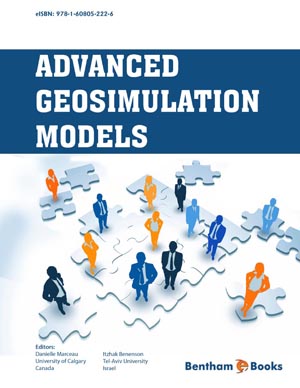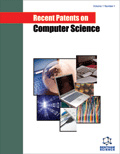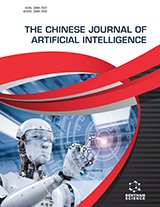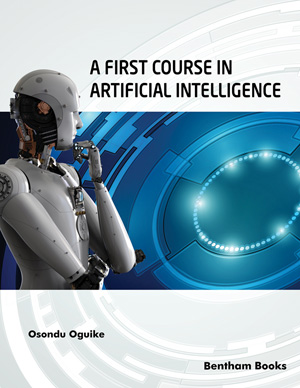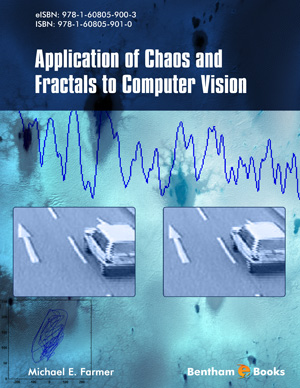Abstract
Agent-based computational economics (ACE) is a recent development and adds to existing economic research by focusing on heterogeneous agents with bounded rationality who act upon incomplete information and who interact locally, instead of the uniform a-spatial fully rational homo economicus. The two approaches also differ in their aim. Traditional economics has its origins in equilibrium theory and aims for the stable state, while ACE focuses on the dynamics of the system and the processes that shape it. Instead of modelling to predict the outcome of the system, the focus is on the realism of the paths followed, and it is accepted that outcomes can vary. The ACE model presented in this chapter carries the idea of open-endedness a little further: not only are there multiple possible outcomes of the model, there is also an increase in complexity as the economy continues to produce novel forms (conform Standish's definition of open-endedness [1]). This exemplifies a general trend of complex systems: instead of returning to equilibrium, complex systems, such as the economy, increase their complexity, while novel elements are constantly introduced into the system. This novelty allows an increasingly complex organization of elements, processes and subsystems. To show that open-endedness can be modelled, this paper presents a model that incorporates open-endedness in the form of an agent-based artificial evolving economy. The model results show continuous expansion of the economy by novel products and technologies. This might very well be the first (economic) model to display this kind of evolutionary dynamics.


